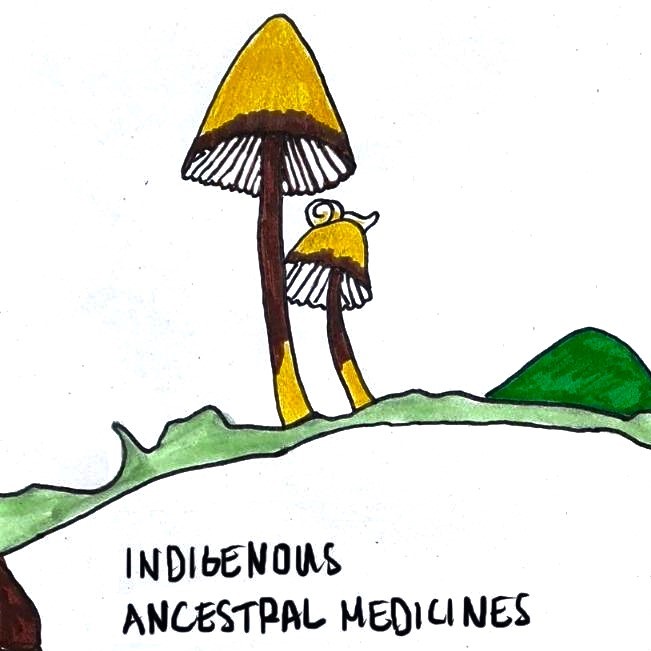Cultural Appropriation of Indigenous Ancestral Medicines in Europe
Talk and Discussion
26.07.2024
Location: conference room, fourth floor, RCC; outside
Guest Speaker: Adriana M. Walker S (linguist and Indigenous member of the Embera Chamí community)
Conveners: Ökumenisches Büro München, Decolonial Practices Group, Aluna Minga e.V.
The rise of ancestral medicines outside Indigenous territories is a phenomenon that has gained momentum in recent decades, as have their practices by individuals who do not belong to an Indigenous community or have the pertinent ancestral training. This phenomenon can be characterized as cultural appropriation. It has reached the international realm and resulted in individuals outside the cultural evolution of these communities and ancestral territories gaining profit from selling spiritual practices labeled as “exotic.”
In the 1960s, the hippie movement had significant interactions with ancestral medicines from Mexico and the native cultures of the United States. This led to the commercialization of plants like peyote, datura, and mushrooms such as the “niños Santos” [sacred children]. The trend exposed Indigenous wisdom keepers, some of whom lost their faculties after revealing the use of sacred plants.
Currently, the rise of ceremonies based on the use of Amazonian plants are associated with the salvationist enthusiasm of ecological movements, the increase in psychiatric illnesses, and the conjunction with religions proliferating in certain environments. This has disrupted the harmonious understanding of the Indigenous world that is already threatened by existing colonial processes, land expropriation, forced displacement, and pressures from modern society.
This disruption and global proximity have facilitated the appropriation of plants such as yagé and yopo. It has exacerbated deforestation of the jungle for their cultivation, the encroachment on sacred species like the jaguar and the anaconda, and the disharmony within communities through spiritual tourism.
Before this background, we aim to reflect on how healing practices are carried out by people who do not belong to an Indigenous community and have not received proper training. From a critical perspective, we want the discussion to lead to fostering alternative solutions to the already heightened social crisis experienced by Indigenous communities in Colombia and other Latin American countries.
Program:
| Brief Introduction | Current issues of Indigenous communitites in Columbia within the context of the ongiong armed conflict |
| Guest Presentation | Adriana M. Walker S (linguist and Indigenous member of the Embera Chamí community) |
| Participatory Discussion Round (Minga de Pensamiento) | Location: If the weather permits, the discussion will move to the park behind the RCC building |
Registration is not mandatory but would help us better plan the event's details. We would appreciate a brief message to kolumbien@oeku-buero.de.
This event is part of the “Diverse Perspectives” series of Ökumenisches Büro München. You can find their announcement on their website here (in German), in cooperation with Aluna Minga e.V. and the RCC's Decolonial Practices Group.


